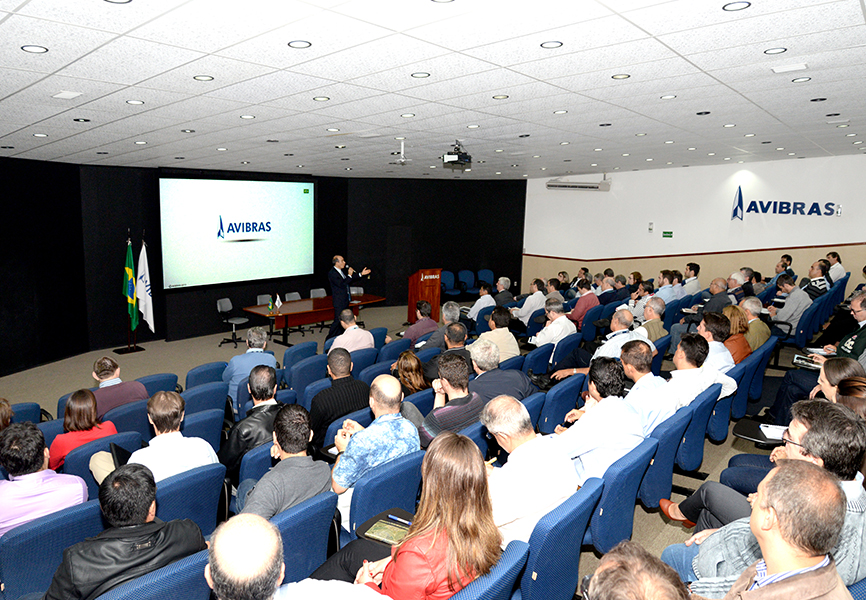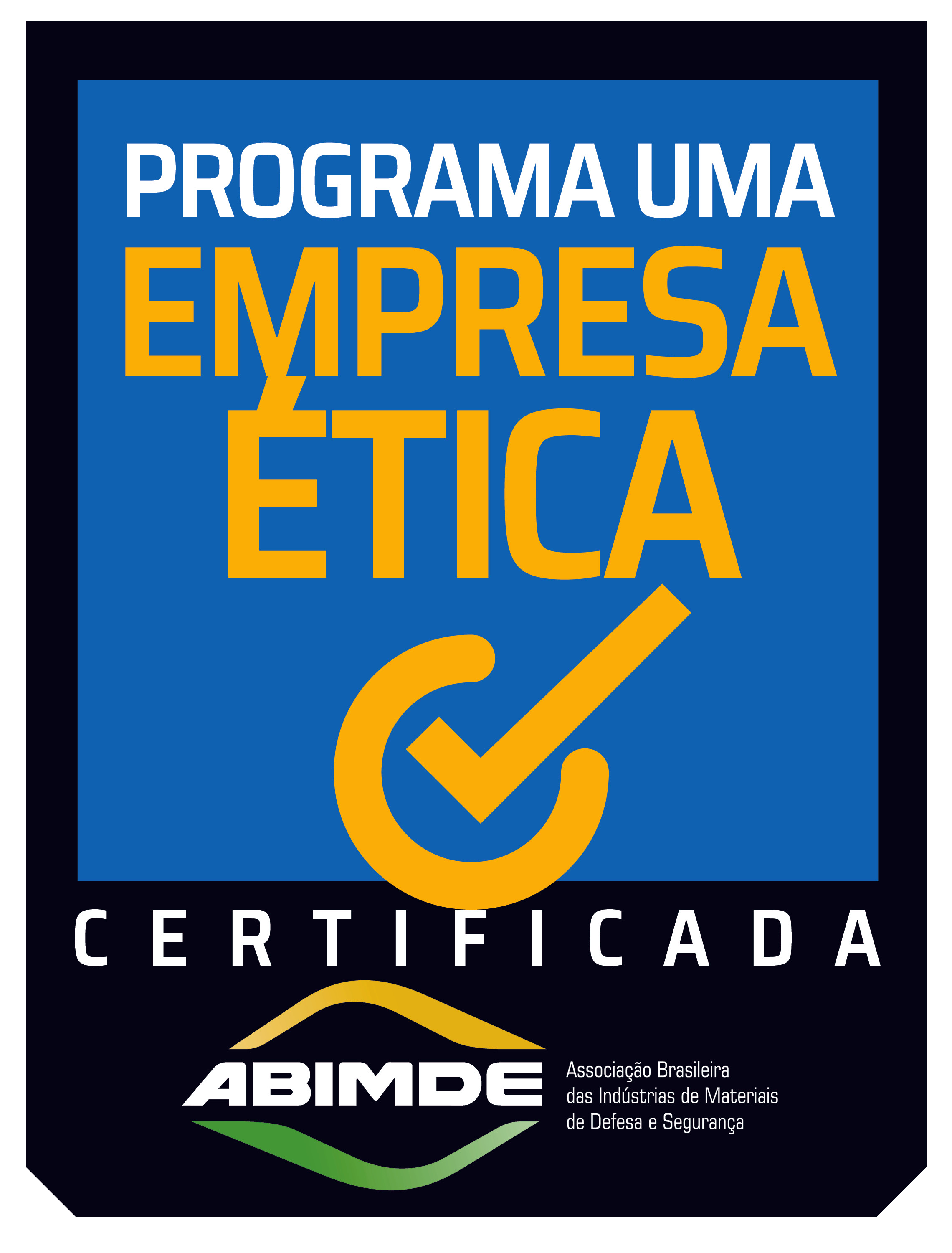With the effort and the contribution of all its direct and indirect labor, Avibras practices, develops and perfects the “Avibras Culture”, through solid and well defined rules and procedures.
The Code of Conduct is an important instrument for organizational alignment, establishing ethical standards and rules of behavior, applicable in relations of the company with both the internal and external publics, aiming smoothness in conducting its business.
The Code brings out the best practices established by the organization’s Internal Procedures, as well as bringing together in a single document, the standards of ethics and conduct that are applied and expected in the day-to-day work.
They are general rules which establish the ethical and behavior standards applicable to relations with internal and external publics, to be followed by all employees, regardless of hierarchical level: Board of Directors, Advisory Board, shareholders, managers, supervisors, other employees and interns.
The Code encompasses, without distinction, all company stakeholders: customers, suppliers, service providers, government, shareholders, community, professional associations, trade unions and the press. It is of vital importance to Avibras that everyone understands the corporate values set out in the Code and proceed in accordance with the same in carrying out their professional duties.
Written out in a clear and objective manner to facilitate understanding and application by all employees and other stakeholders, the Code of Conduct is available on the intranet and on the company website.
All employees also have a printed copy at their disposal for periodic consultation. New employees undergo a process of integration and training in which the good practices are presented and, in the development of activities, have the awareness and access to documents to guide them, including the Code of Conduct.
Avibras has also prepared a training plan with the objective of training employees on the content and the practical aspects of guidelines and integrity policies. The courses are intended to train the new employees, as well as to keep the collaborators already trained, up to date.






